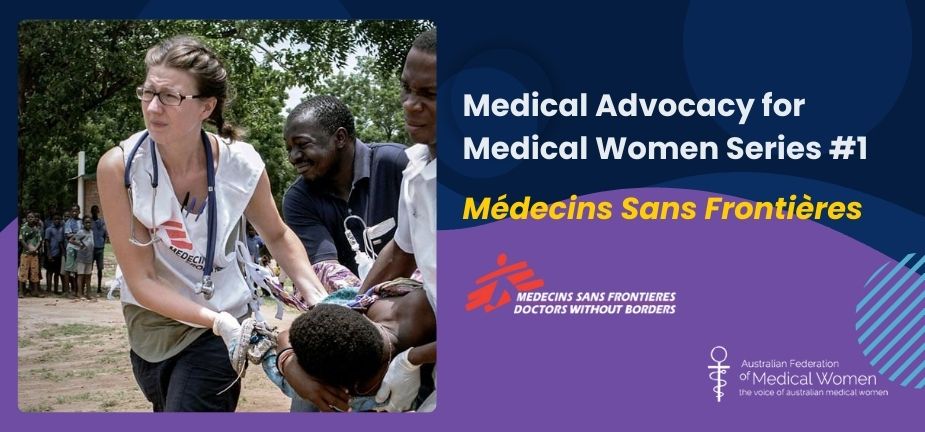In this newsGP article, Associate Prof Magdalena Simonis AM was interviewed to comment on some new research, findings of which could unnecessarily scare a lot of women with endometriosis into believing that they have an increased ovarian cancer risk.
newsGP “New link between endometriosis and ovarian cancer”
The study found women with deep infiltrating endometriosis have a tenfold increase in risk for the cancer, but one GP expert has urged caution.
International researchers have found a possible link between endometriosis and higher risk of ovarian cancer, but they say that risk changes dramatically depending on the type of endometriosis.
The population-based cohort study used data from the Utah Population Database and noted that ovarian cancer risk was markedly increased among women with ovarian endometriomas or deep infiltrating endometriosis.
The research ultimately followed 500,000 women over 20 years, concluding that endometriosis ‘seems to affect the risk and cancer type’, with a strong link between deep infiltrating endometriosis and type I ovarian cancer.
But author Dr Karen Schliep said given the rarity of ovarian cancer, the excess risk was relatively small, with 10–20 additional cases per 100,000 women.
‘Nevertheless, women with endometriosis, notably the more severe subtypes, may be an important population for targeted cancer screening and prevention studies,’ she said.
The research found that women with endometriosis had a 4.2-fold higher ovarian cancer risk than those without the condition.
Women with ovarian endometriomas and/or deep infiltrating endometriosis had a 9.7-fold higher risk compared to those without.
But GP and women’s health expert Associate Professor Magda Simonis questioned the research, telling newsGP most women with endometriosis will never suffer from cancer related to this ‘as it is a benign disease’.
‘For those suffering from endometriosis, it is important to note that the lifetime risk for developing ovarian cancer is low with approximately 1.9%, as compared to 1.4% for the general population, since ovarian cancer is not frequent when compared to other cancers,’ she said.
‘There is longstanding evidence which suggests that certain epithelial ovarian cancer subtypes, specifically ovarian clear cell and endometrioid ovarian carcinoma are directly related to endometriosis, however.’
Associate Professor Simonis said these cancer subtypes occur ‘with types of deep infiltrating endometriosis, which is the severe form of extensive disease that affects the ovaries too’.
She said previous research has described this connection as far back as 1925, as an endometriosis-associated ovarian endometrioid carcinoma.
Dr Schliep said the results show that women with endometriosis, especially the more severe subtypes, should receive targeted cancer screening and prevention strategies to catch these cancers early.
‘Precision medicine is more than just genetics,’ she said.
‘Clinical features, including a woman’s history of endometriosis and type of endometriosis, may inform ovarian cancer risk prediction models.’
by Chelsea Heaney
22 Jukly 2024
[Source article and photo: racgp.org.au/newsgp/clinical/new-link-between-endometriosis-and-ovarian-cancer]
Associate Professor Magdalena Simonis AM is a Past President of the AFMW (2020-2023), former President of VMWS (2013 & 2017-2020) and current AFMW National Coordinator (2024-2026). She is a full time clinician who also holds positions on several not for profit organisations, driven by her passion for bridging gaps across the health sector. She is a leading women’s health expert, keynote speaker, climate change and gender equity advocate and government advisor. Magda is member of The Australian Health Team contributing monthly articles.
Magdalena was awarded a lifetime membership of the RACGP for her contributions which include past chair of Women in General Practice, longstanding contribution to the RACGP Expert Committee Quality Care, the RACGP eHealth Expert Committee. She is regularly invited to comment on primary care research though mainstream and medical media and contributes articles on various health issues through newsGP and other publications.
Magdalena has represented the RACGP at senate enquiries and has worked on several National Health Framework reviews. She is author of the RACGP Guide on Female Genital Cosmetic Surgery and co-reviewer of the RACGP Red Book Women’s Health Chapter, and reviewer of the RACGP White book
Both an RACGP examiner and University examiner, she undertakes general practice research and is a GP Educator with the Safer Families Centre of Research Excellence, which develops education tools to assist the primary care sector identify, respond to and manage family violence . Roles outside of RACGP include the Strategy and Policy Committee for Breast Cancer Network Australia, Board Director of the Melbourne University Teaching Health Clinics and the elected GP representative to the AMA Federal Council. In 2022. she was award the AMA (Vic) Patrick Pritzwald-Steggman Award 2022, which celebrates a doctor who has made an exceptional contribution to the wellbeing of their colleagues and the community and was listed as Women’s Agenda 2022 finalist for Emerging Leader in Health.
Magdalena has presented at the United Nations as part of the Australian Assembly and was appointed the Australian representative to the World Health Organisation, World Assembly on COVID 19, by the Medical Women’s International Association (MWIA) in 2021. In 2023, A/Professor Simonis was included on the King’s COVID-19 Champion’s list and was also awarded a Member (AM) in the General Division for significant service to medicine through a range of roles and to women’s health.










